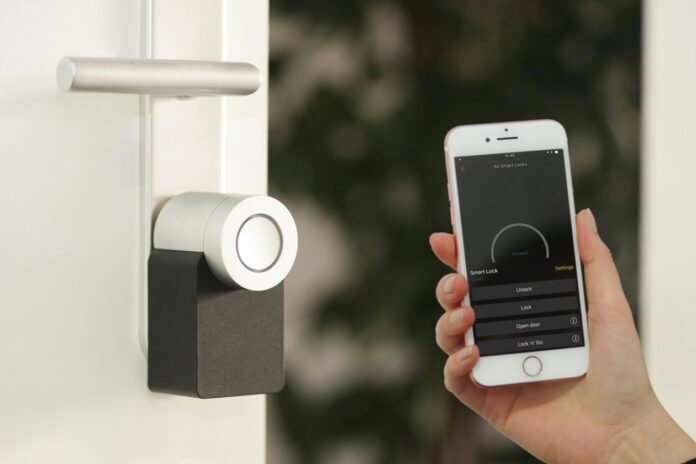Nowadays, keeping your home safe is more crucial than ever due to quick changes in the world. Nowadays, because of increased concerns, homeowners depend on various smart devices to keep their homes secure. In many cases, people rely on a home security system. They are not only gadgets—they actually anticipate harm and keep you on top of any issues.
Let’s explore the correct answer to the commonly asked question: Buying a home security system is an example of protecting your home against ____.
Question
Buying a home security system is an example of protecting your home against _____.
Options:
A) Fire damage
B) Water damage
C) Burglary
D) Weather events
Correct Answer: C) Burglary
Answer Explanation
Burglary is the appropriate response. A home security system is meant to keep uninvited people out and guard your belongings against theft. They serve to stop crime and also send fast alerts during a security incident. Many research papers and law enforcement authorities point out that when a home uses security cameras, motion detectors and alarms, burglars are deterred.
Some modern home security systems can detect fire or water leaks, but their central duty remains to keep burglars out. There is a good chance that an intruder will be discouraged when seeing surveillance cameras, signage or alarms around a home.
When an attempted break-in is detected:
- The system may sound an audible alarm
- Notify the homeowner through a mobile alert
- Automatically alert local authorities (if monitored professionally)
Simply put, having a home security system serves as your top defense against burglary by shielding your valuables, important data and family members.
What Is a Home Security System?
A home security system links devices that guard your home, property and people within it from threats such as burglary, someone breaking in and fires or other hazards. Systems of this kind are available in many forms—starting with stationary door sensors and going up to complicated systems with motion detectors, surveillance cameras and professional security companies watching your home.
Main Components of a Typical Home Security System:
- Control Panel: The system’s brain that connects all components and allows you to arm/disarm it.
- Window and Door Sensors: Detect when a door or window is opened.
- Motion Detectors: Trigger alerts if unexpected movement is detected inside the house.
- Security Cameras: Monitor the premises in real-time and provide recorded footage.
- Alarm Sirens: Loud sirens are triggered during a break-in attempt, drawing attention and scaring off intruders.
- Monitoring Services: Optional services where professionals respond to emergencies 24/7.
- Smartphone Integration: Most systems now offer mobile apps for remote monitoring, control, and alerts.
A home security system can be set up with wires or wirelessly and it can be watched by professionals or not, depending on the house size and design. People can also link their devices to home automation such as Alexa or Google Home.
On the whole such systems aren’t only about hardware—they also lower your risk for crime and improve your home’s safety.
End Note
Buying a home security system is a benefit for the future. Even though it costs money in the short run, proper security offers major advantages for your safety, peace of mind and property in the long run. If security is a worry from crime or just being out of the house, these systems ensure you feel your home is secure from any risks.
Many insurance firms give discounts on homeowner’s insurance when a security system is put in place, proving once again how important such precautions can be.
FAQs
Q1. Do home security systems really reduce crime?
Yes. Statistics indicate that burglaries are far less likely to happen at homes that display cameras and alarms on the windows and doors.
Q2. Are home security systems hard to install?
There is no such link. Setting up modern systems is easy since they are DIY and wireless and it rarely takes more than an hour.
Q3. Can home security systems detect other threats like fire or floods?
While some advanced systems can have extras such as detectors and sensors, the main aim is to prevent burglary.
Q4. Is monitoring service necessary for a home security system to be effective?
Even if optional, having the police monitor your alarm could give you more peace of mind when you are not at home.






